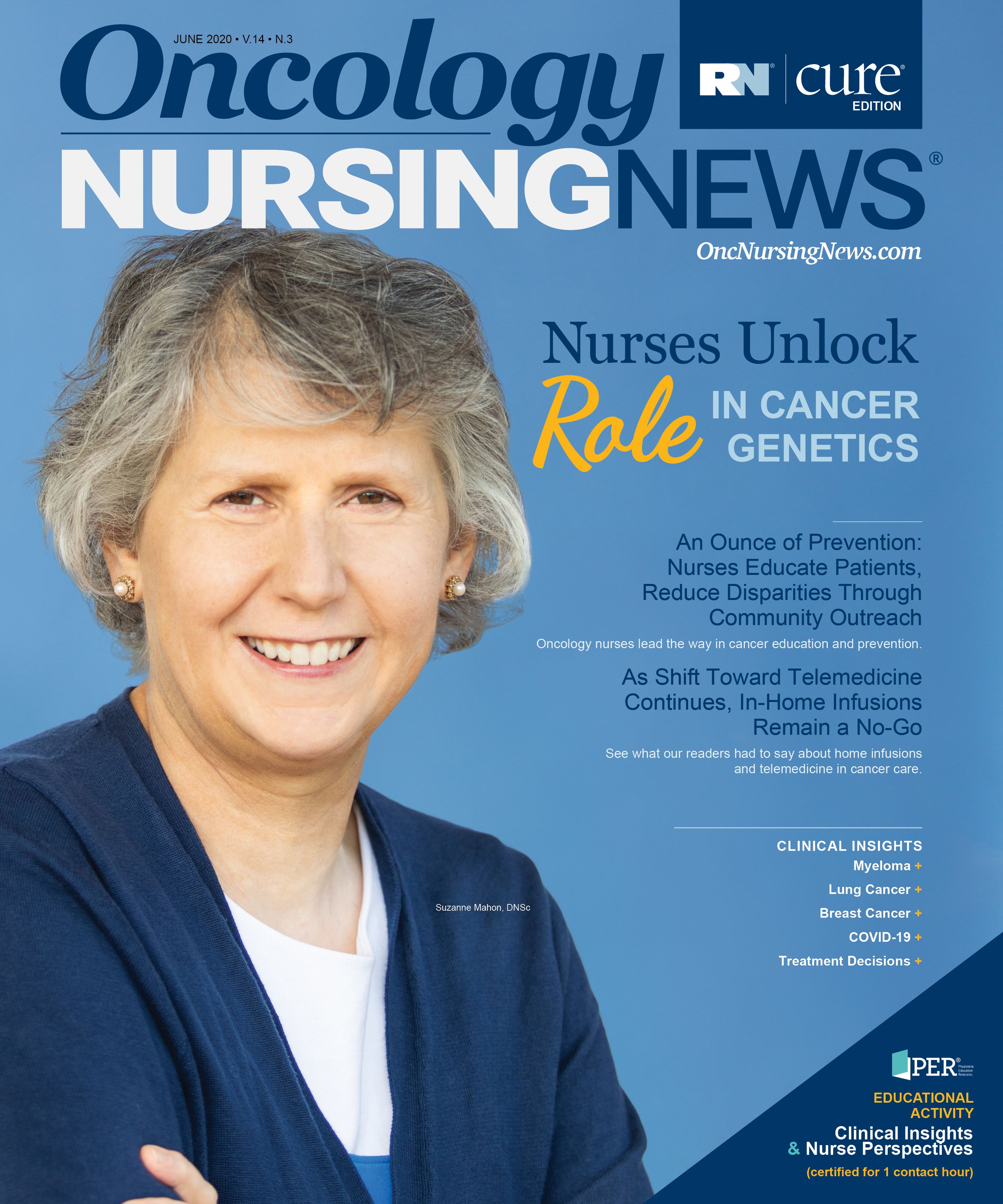Assessing Family History: A Moving Target
Getting an accurate family history can be one of the most challenging things that nurses face, according to Suzanne Mahon, DNSc, a clinical nurse specialist at SLUCare physician group, St Louis, Missouri.
Getting an accurate family history can be one of the most challenging things that nurses face, according to Suzanne Mahon, DNSc, a clinical nurse specialist at SLUCare physician group, St Louis, Missouri.
“Part of the issue is our electronic medical record which will phrase the question generally, like, ‘Does anyone in your family have health problems?’” Mahon said. “That does not dig deep enough.”
When discussing family history, Mahon recommended asking specifically about siblings, then parents, then grandparents, then aunts and uncles, nieces and nephews, and cousins. By asking about each, it forces the patient to think more granularly.
Different familial cancer syndromes can present differently in families. Someone may be diagnosed with ovarian cancer, and another family member may have had a history of melanoma, whereas another may have had prostate cancer. Although the patient may not think all of those are related, different syndromes can lead to different combinations of disease, Mahon said.
It is also important to review a family history each time you see a patient, she added. “I worked with a breast surgeon who sent a patient to see us who had surgery four or five years ago,” Mahon recalled. “Originally, there was no family history, but when the patient was seen later for follow-up and the surgeon asked again about her family history, her cousin and sister had both since been diagnosed. Family history should never be stagnant.”

Innovative Program Reduces Nurse Turnover and Fosters Development
Published: September 12th 2024 | Updated: September 12th 2024The US Oncology Network (The Network) has developed one of the most comprehensive programs in the nation to support the professional development and retention of new oncology nurses.



